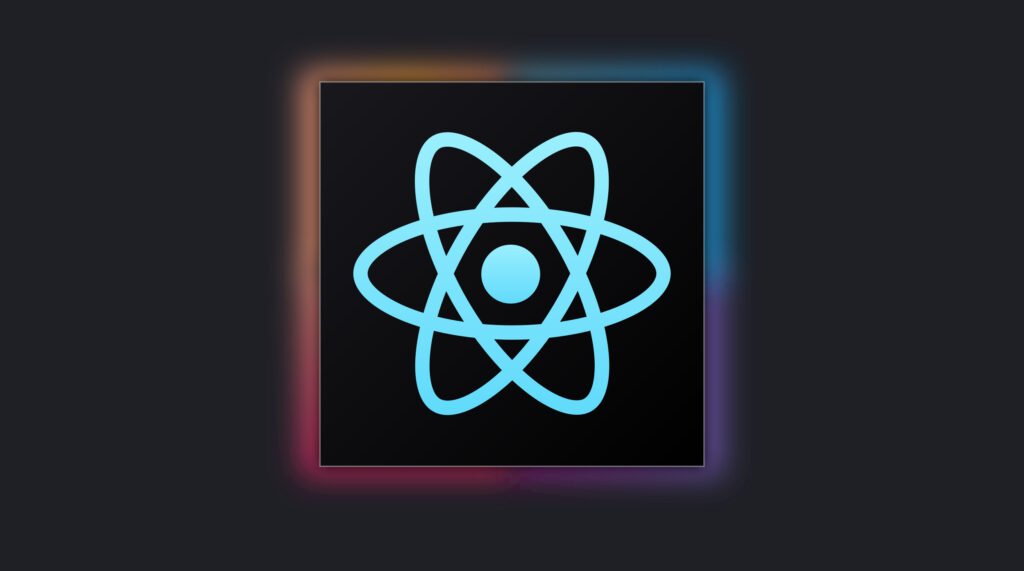React Native has gained significant popularity among developers as a powerful framework for building native mobile applications. With its ability to create apps for both iOS and Android platforms using a single codebase, React Native has become a go-to choice for many developers. In this article, we will explore some of the essential tools and frameworks that can enhance your React Native development experience.

Learning Resources for React
Before diving into the tools and frameworks, let’s touch upon some valuable learning resources for mastering React. React is a declarative, efficient, and flexible JavaScript library for building user interfaces. Whether you are a beginner or an experienced developer, these resources can help you learn and improve your React skills:
- React JavaScript Tutorial in Visual Studio Code: Visual Studio Code provides an excellent environment for learning and coding React applications. This tutorial will guide you through the basics of React and help you set up your development environment.
- React Community Resources: The React community is vibrant and active, offering a wealth of resources, including documentation, blogs, forums, and tutorials. Exploring community resources can provide valuable insights and tips for React development.
- React Courses on Coursera: Coursera offers a variety of React courses, both beginner-friendly and advanced, taught by industry experts. These courses provide structured learning paths and hands-on exercises to reinforce your understanding of React.
- React Courses on Udemy: Udemy is another popular e-learning platform that offers numerous React courses. From introductory courses to advanced topics, you can find a course that suits your skill level and learning preferences.
- React Nanodegree Program on Udacity: Udacity’s React Nanodegree program is a comprehensive learning path designed to help you become a proficient React developer. The program covers essential concepts and provides real-world project experience.
- Becoming a React Developer Learning Path on LinkedIn Learning: LinkedIn Learning offers a learning path dedicated to becoming a React developer. This curated collection of courses covers React fundamentals, state management, and building production-ready applications.
- Learning ReactJS on Codecademy: Codecademy offers an interactive learning experience for React beginners. Through hands-on coding exercises, you can learn the basics of React and apply your knowledge in real-time.
- React Tutorials and Training Courses on Pluralsight: Pluralsight offers a vast library of React tutorials and training courses, suitable for developers at all levels. The courses cover various aspects of React development, including component architecture, state management, and testing.
- Introduction to React Course on Cloud Academy: Cloud Academy provides an introductory course to React, offering a solid foundation for beginners. The course covers core React concepts, such as components, JSX, and props.
Essential Tools and Frameworks for React Native Development
To streamline your React Native development process and enhance your productivity, it’s crucial to leverage the right tools and frameworks. Let’s explore some of the essential ones:
- WebStorm: WebStorm, developed by JetBrains, is a professional IDE for JavaScript with comprehensive support for React and React Native. It provides intelligent code completion, on-the-fly error detection, and powerful navigation and refactoring features.
- React Native: React Native itself is a framework for building native mobile applications using React. With React Native, you can write code once and deploy it on both iOS and Android platforms, reducing development time and effort.
- Gatsby: Gatsby is a free and open-source framework based on React. It enables developers to build blazing-fast websites and apps by leveraging modern web development techniques, such as static site generation and preloading data.
- React Starter Kit: React Starter Kit is an isomorphic web app boilerplate that combines Node.js, Express, GraphQL, and React. It provides a solid foundation for building web applications and follows best practices for modern web development.
- React Hook Form: React Hook Form is a performant and flexible form library for React and React Native. It offers easy-to-use validation and supports both web and mobile development.
- GraphQL: GraphQL is a query language for APIs and a runtime for fulfilling those queries with existing data. It has gained popularity for its ability to efficiently fetch and manipulate data, and it has extensive support in various programming languages.
- Apollo Client: Apollo Client is a fully-featured caching GraphQL client that integrates seamlessly with React, Angular, and other frameworks. It simplifies data fetching and state management in your React applications.
- Next.js: Next.js is a React framework designed for production. It provides features like hybrid static and server rendering, TypeScript support, smart bundling, and route pre-fetching, enabling developers to build performant and scalable applications.
- Redux: Redux is a predictable state container for JavaScript applications. Although it’s not specific to React Native, it is commonly used for managing state in React Native apps. Redux helps in maintaining a centralized and predictable state flow.
- Expo: Expo is an open-source platform for building universal native apps with React. It provides a set of tools and services that simplify the development process, including an integrated development environment, easy device testing, and over-the-air updates.
- React Native Windows: React Native Windows is a framework for building native Windows apps with React. It extends the capabilities of React Native to the Windows platform, allowing developers to target desktop and Windows-based devices.
- Ant Design: Ant Design is an enterprise-class UI design language and React UI library. It offers a rich collection of customizable components and a design system that helps developers create consistent and visually appealing interfaces.
- Material-UI: Material-UI is a popular React component library that implements Google’s Material Design guidelines. It provides a wide range of pre-built UI components that can be easily customized and integrated into your React Native applications.
- Chakra UI: Chakra UI is a set of accessible and composable React components that simplifies the process of building websites and apps. It emphasizes a developer-friendly API and offers a wide range of customizable components.




